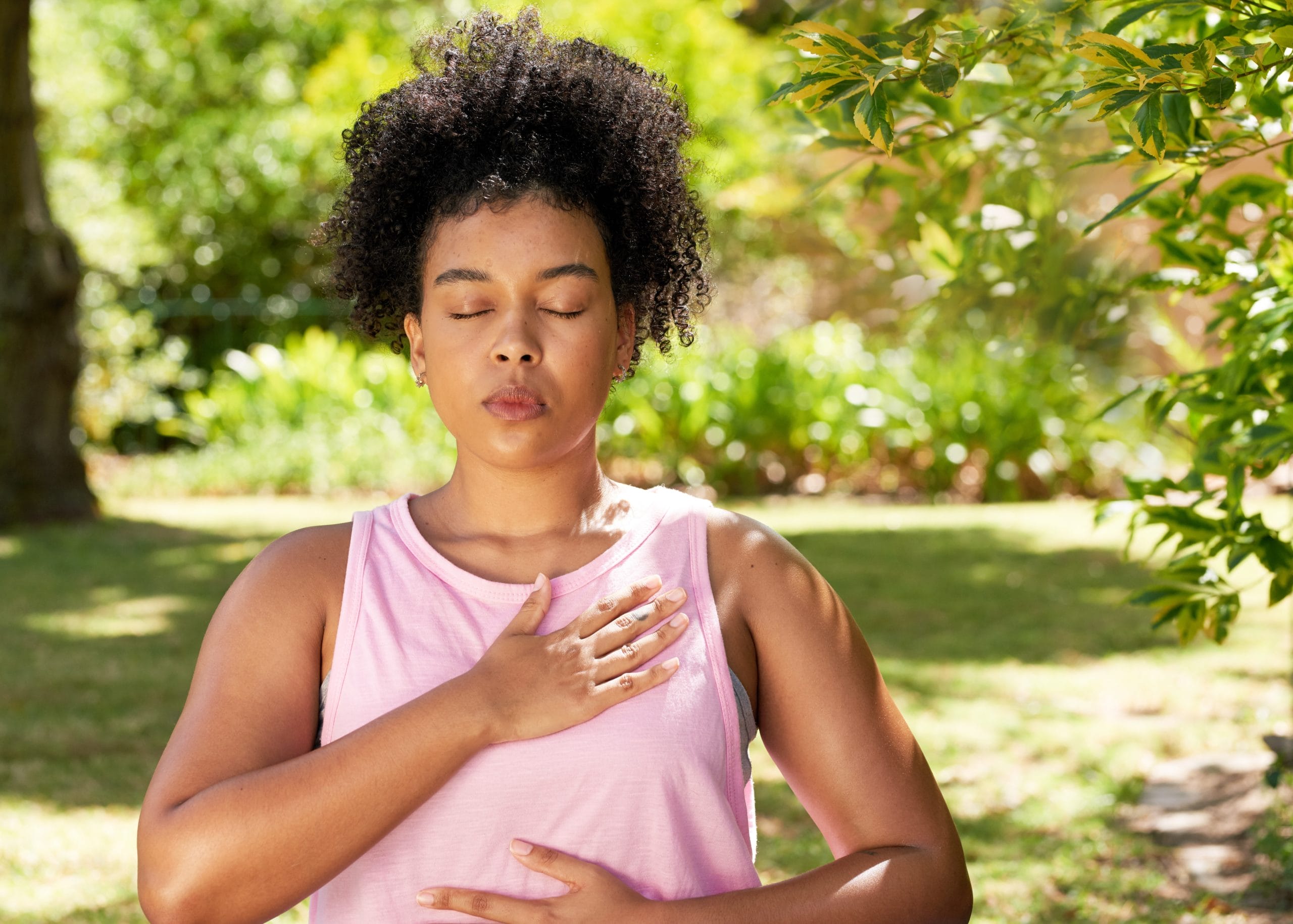Take a Deep Breath: Effective Breathing Techniques to Reduce Anxiety
Feeling overwhelmed by anxiety can be an incredibly distressing experience. A racing heart, tense muscles, and the feeling of breathlessness can make you feel like you’re suffocating under the weight of your worries. If you’ve ever wondered why anxiety seems to affect your breathing, you’re not alone. The good news is that there are effective breathing techniques that can help alleviate anxiety and can make you feel calm and relaxed.
How Does Anxiety Affect Breathing?
Anxiety triggers the body’s natural “fight or flight” response, which prepares us to deal with perceived threats. As part of this response, our sympathetic nervous system activates, leading to an increased heart rate and a surge of adrenaline. This physiological reaction also affects our breathing pattern.
When anxiety strikes, many people tend to take shallow, rapid breaths, known as chest breathing. This type of breathing doesn’t allow for sufficient oxygen intake and can lead to an imbalance of oxygen and carbon dioxide in our blood. As a result, you may feel breathless, light-headed, and dizzy.
Additionally, over-breathing or hyperventilation can occur during moments of intense anxiety. This feeling can be exhausting and perpetuate the cycle of anxiety, as it creates even more physical sensations of anxiety. Fortunately, this is where deep breathing techniques come into play.
Benefits of Deep Breathing:
Deep breathing techniques offer a simple yet powerful way to regain control over your breathing and help to reduce anxiety. When practised regularly, these techniques can provide several benefits:
- Reduced Anxiety: Deep breathing triggers the parasympathetic nervous system, which is responsible for the body’s relaxation response. By activating this system, deep breathing helps counter the effects of the “fight or flight” response, leading to a reduction in anxiety levels.
- Improved Oxygenation: Deep breathing allows for a more efficient exchange of oxygen and carbon dioxide in the bloodstream. As a result, your body receives an ample supply of oxygen, promoting better physical and mental functioning.
- Enhanced Focus: Deep breathing encourages mindfulness and present-moment awareness. Focusing on your breath helps redirect your thoughts away from worries and distractions, allowing you to stay centred and focused.
Breathing Techniques to Reduce Anxiety:
Here’s a simple yet effective deep breathing exercise that you can practise whenever you feel anxious:
- Find a Comfortable Position: Sit in a comfortable chair or lay down on your back.
- Observe Your Breath: Place your hand on your stomach and notice how it rises as you breathe in and falls as you breathe out.
- Measure Your Breathing Rate: Time the number of breaths you take over the course of one minute. The normal rate of breathing is ten to twelve breaths per minute.
- Begin Deep Breathing: Inhale slowly through your nose for a count of four seconds.
- Hold Your Breath: Pause and hold your breath for two seconds.
- Exhale Gradually: Exhale slowly through your nose for a count of six seconds.
- Repeat: Continue this breathing pattern for several minutes or until you start to feel more relaxed.
When Should You Practise Deep Breathing Exercises?
The great thing about deep breathing techniques is that you can practise them anytime, anywhere. Whether you’re facing a stressful situation at work, feeling anxious before a social event, or struggling to fall asleep, taking a few minutes to focus on your breath can work wonders.
However, it’s especially beneficial to incorporate deep breathing exercises into your daily routine. By setting aside a few minutes each day for mindful breathing, you can gradually reduce your overall anxiety levels and build resilience to stress.
To dive deeper into mental health and wellbeing, consider enrolling in the St John WA First Aid for Mental Health course. This comprehensive course not only covers the impact of anxiety on breathing but also equips you with valuable skills to recognise signs of mental health issues and provide support during a mental health crisis. Take care of your mental health and nurture a calmer, happier you by enrolling at bit.ly/44OkxwB.
Remember, whenever anxiety strikes, take a deep breath and let the power of your breathing bring you back to a place of serenity and peace.
